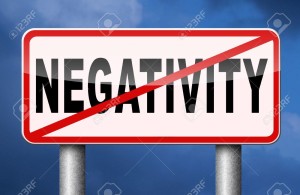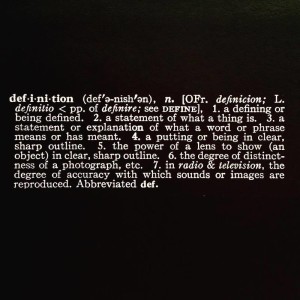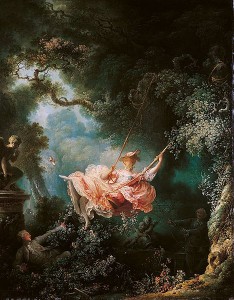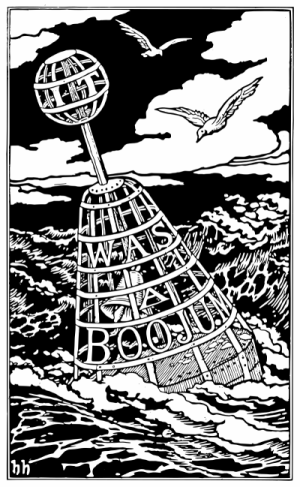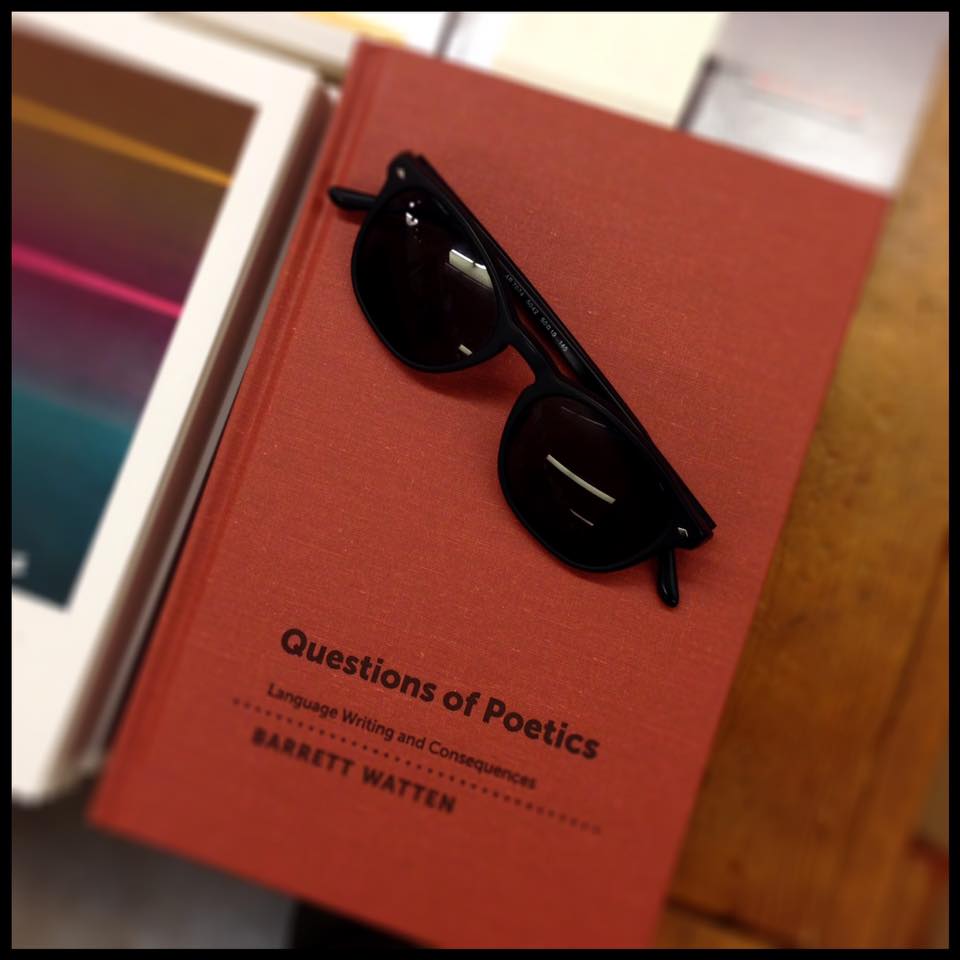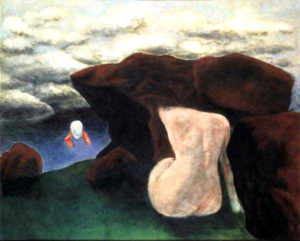
For nearly all our originality comes from the stamp
that time impresses on our sensibility.
—Baudelaire, “The Painter of Modern Life”
My title is an oxymoron, as there is no “absolute” in the process of “psychohistory.” But to recall Philippe Lacoue-Labarthe and Jean-Luc Nancy’s The Literary Absolute, there is a historical relation of the psychohistorical to the emergence of the literary as an unfolding horizon of meaning, which they describe in the use of the romantic fragment in The Athenaeum. That tradition leads to Hegel’s preference for romantic art as best because it is always incomplete, thus demanding completion, and on to the hermeneutics of Hans-Georg Gadamer and the Konstanz School, with Hans-Robert Jauss and Wolfgang Iser. The concept of horizon, which is everywhere in my critical work (and in the title of my UC Berkeley dissertation Horizon Shift), unites an historical openness of interpretation with the ground of the events of psychic history. Today, for instance, is Martin Luther King’s birthday, and in an online post I recalled hearing the news of his death: “I was in sociology class, junior year, UC Berkeley, taught by Robert N. Bellah, when Martin Luther King’s assassination was announced in class—an event that would puncture the world view of liberals like him. He was, however, eloquent in tribute and memorable.” The meaning of that event was both historical and psychic, and it unfolds, for me and arguably all of us, in a horizon at once open and changing. It was, in short, psychohistorical; it remains so, and the way that it does grounds the horizon of its further interpretation.
